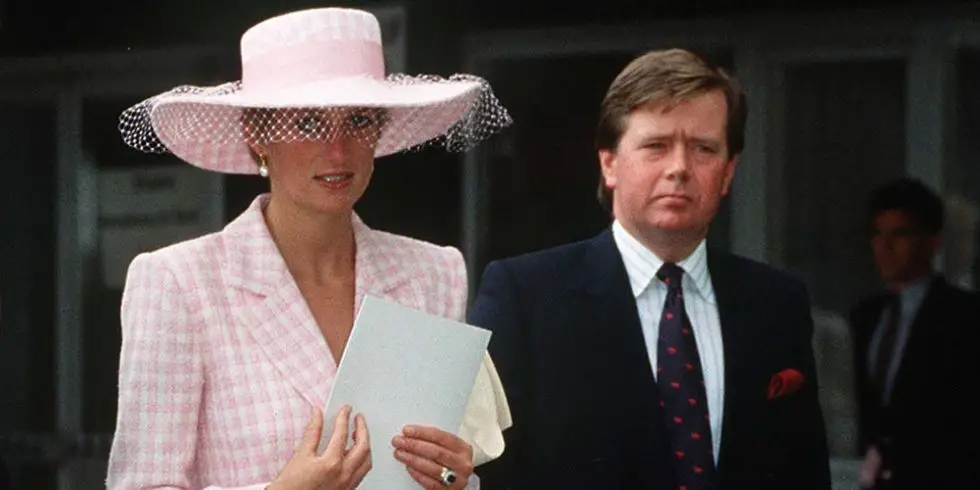Recent rumors suggesting that Trevor Rees-Jones, Princess Diana’s bodyguard and the sole survivor of the tragic 1997 car accident, has confessed to feigning memory loss to protect himself from threats lack credible evidence. Such claims have sparked speculation but remain unsupported by verified facts or official statements.
Rees-Jones’s Account of the Incident
Trevor Rees-Jones has consistently maintained that his memory of the fatal accident is fragmented due to the severe head injuries he suffered. During a 2008 inquest into Princess Diana’s death, he testified about the limited details he could recall:
“I have a memory of stopping at traffic lights and seeing a motorcycle on the right-hand side of the car… My memory then is of total confusion.”
This aligns with the physical trauma he endured, which included a shattered face requiring extensive reconstruction. Medical experts have consistently supported the likelihood that his injuries impaired his ability to remember the crash.
Frustration and Pressure
Rees-Jones has openly expressed frustration over his inability to recall the events of that fateful night. In interviews and legal testimonies, he has acknowledged the immense pressure from various parties—ranging from investigators to conspiracy theorists—who sought detailed information from him. Despite this, he has never indicated that his memory loss was anything but genuine.
Debunking the Rumors
The rumors of a “confession” suggesting that Rees-Jones pretended to suffer memory loss to protect himself from threats are unsubstantiated. No reputable media outlets or official investigations have corroborated this claim. Instead, the narrative appears to stem from speculative sources or conspiracy theories that have surrounded Princess Diana’s death for decades.
A History of Conspiracy Theories
The tragic accident that claimed the lives of Princess Diana, her companion Dodi Fayed, and their driver Henri Paul has been the subject of numerous conspiracy theories. Some allege foul play, while others suggest that key witnesses, including Rees-Jones, might have been coerced or silenced. Despite extensive investigations, including a thorough inquest by British authorities in 2008, the official conclusion was that the crash resulted from a combination of speeding and the driver’s intoxication.
Trevor Rees-Jones Today
Rees-Jones has largely stayed out of the public eye in recent years, focusing on his private life. He has spoken sparingly about the crash, often reiterating his commitment to truthfully sharing whatever he can remember. His consistent narrative and medical records lend credence to his claims of genuine memory loss.
The Importance of Verifiable Sources
Given the persistent circulation of unverified information surrounding Princess Diana’s death, it is crucial to approach such claims with skepticism. Relying on credible news outlets and official statements ensures a more accurate understanding of events.
Conclusion
As of now, there is no credible evidence to support the claim that Trevor Rees-Jones pretended to have memory loss. His consistent testimony, backed by medical findings, suggests that his inability to recall the crash stems from the physical and emotional trauma he experienced. While the world continues to mourn the loss of Princess Diana and seek closure, it is essential to distinguish between fact and fiction in the narratives surrounding her untimely death.
